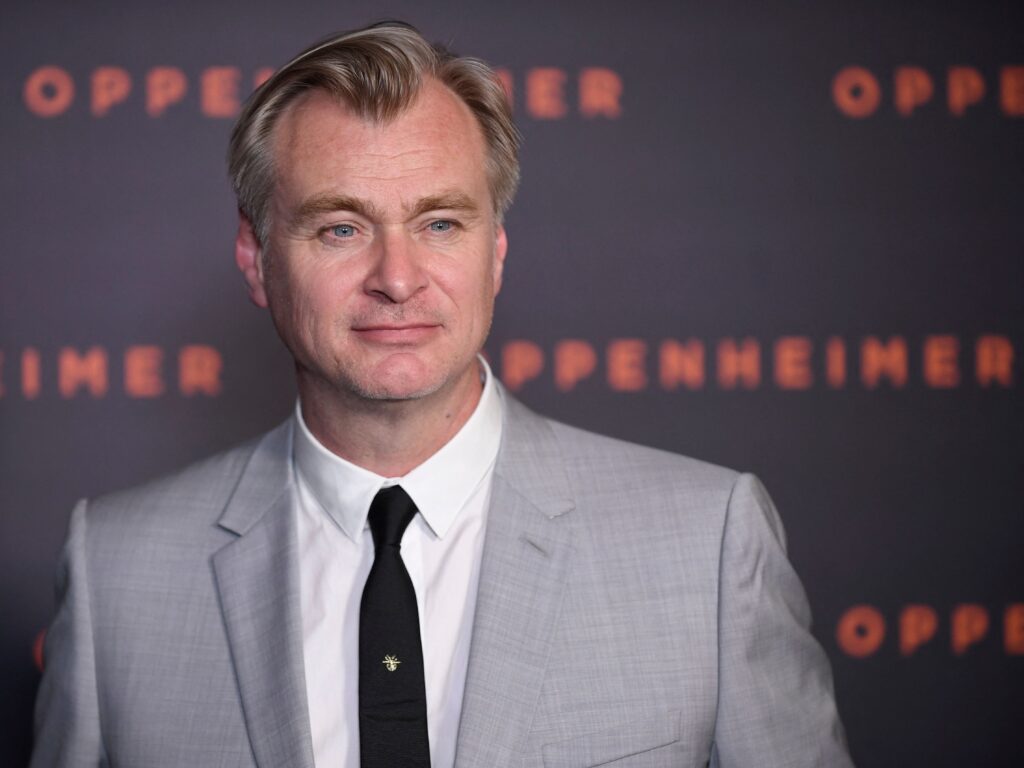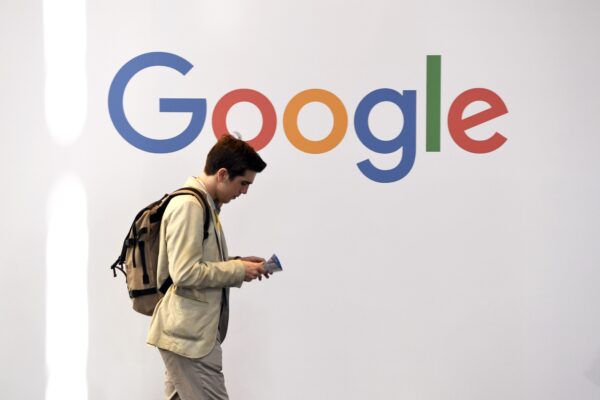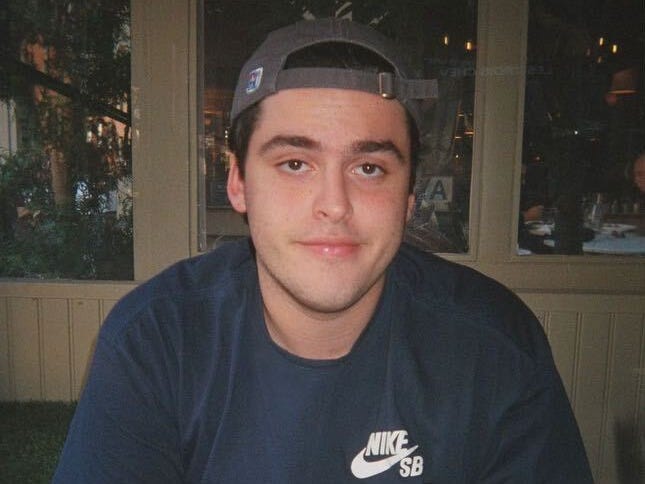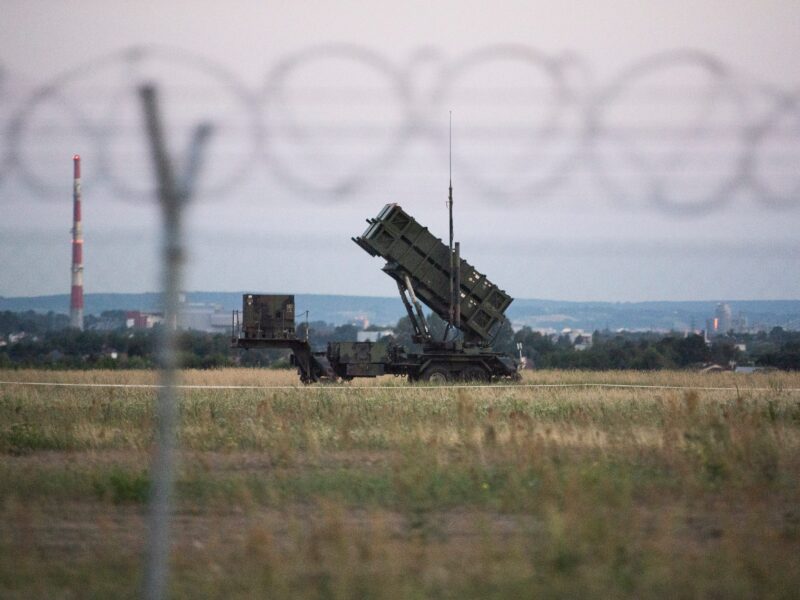- Christopher Nolan's new film 'Oppenheimer' features complex science.
- He brought on scientists to make sure he got it right, but they said they didn't have to do much.
- Nolan had researched enough about physics that they didn't have to change much about the movie.
Christopher Nolan is known for tackling dense science in his work. From black holes in "Interstellar" to theories of time travel for "Tenet," he's not afraid to get down in the theoretical weeds.
Science advisors on his latest film, "Oppenheimer," told Insider that's because he teaches himself the science before he even sits down to write.
The science in Nolan's "Oppenheimer" script was good, it was just some of the personalities in the film that needed tweaking, said Nobel Prize laureate and theoretical physicist Kip Thorne.
Thorne, who attended lectures by the real J. Robert Oppenheimer while studying at Princeton, has first-hand knowledge about Oppenheimer the man, not just his science. So he said that he clarified and expanded on some of the interactions these famous men would have had with one another for Nolan's film.
Thorne has worked with Nolan on multiple films, and said he's consistently impressed by all Nolan's done to research his topics. Though he's happy to be there to assist Nolan, who has become a friend, he said it's not always necessary.
"He doesn't have the necessity for that that other directors would have. He's just an amazing person in that sense," Thorne said.
Nolan also had an advisor on set to help with the science during production. David Saltzberg, a professor of physics and astronomy at UCLA, was in charge of writing equations on the chalkboards shown in the film, and making sure the lectures being given were accurate for the time period.
Oppenheimer was an expert in quantum physics, and was responsible for bringing the discipline to the US, Thorne said. The equations and lectures that he would have been giving and attending were those that led to our understanding of nuclear fission, which is what powers the atomic bomb.
Though Saltzberg said that his interactions with the director were sparing, he recalled one memorable day. Nolan had a suggestion about what to write on one of the boards. It was a famous equation but would have been disproven by that time in history, Saltzberg said. Regardless, "It was a lot of fun to talk to him," about it, he added.
Prefacing he's not an expert in nuclear bombs, Thorne said he was impressed with how Nolan and his special effects team pulled off their depiction of the Trinity test. They famously chose not to use CGI.
It was extremely impressive, Thorne said, and he said he hoped it provides modern audiences a reminder of just how horrifying a nuclear blast is.
"We are at a stage where we could go through a second period of extreme danger. So I think, to see the history of that period, I think it's very important," Thorne said.










